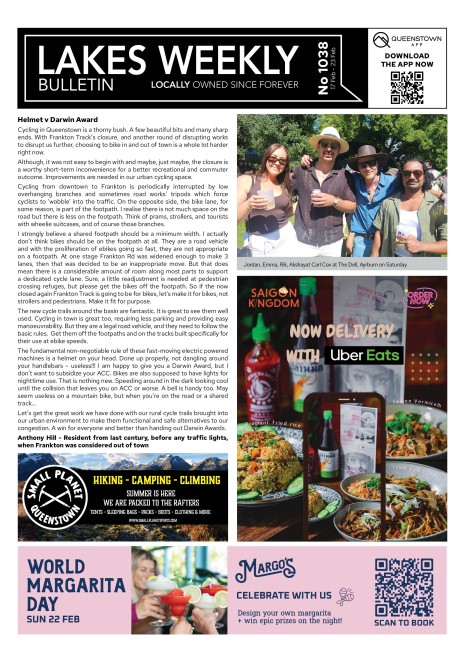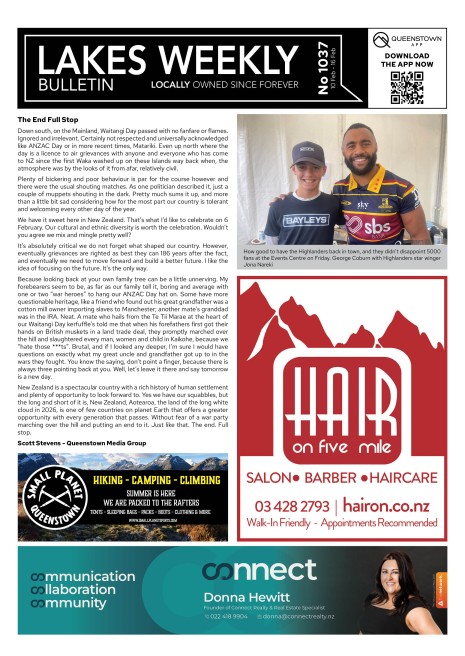The billions spent on NZ’s accommodation supplement is failing to make rent affordable – so what will?

Edward Yiu, Associate Professor, School of Business, University of Auckland, Waipapa Taumata Rau, and William Cheung, Associate professor, University of Auckland, Waipapa Taumata Rau, writing for The Conversation
New Zealand’s unaffordable housing market has left many low and middle-income families reliant on the accommodation supplement to cover rent and mortgage payments.
But our new research has found the scheme, which costs the government almost NZ$5 billion a year, might not be an effective tool in addressing the country’s housing affordability crisis.
Introduced in 1993, the accommodation supplement is a weekly, means-tested payment designed to subsidise part of a household’s rent or mortgage. The supplement is calculated independently of actual rent or mortgage payments.
But our study looking at data from Auckland between 2019 and 2023 found accommodation supplement rental subsidies were not delivering meaningful improvements in affordability for renters. Subsidies used to support mortgage payments, however, appeared to be more effective in offering relief to low-income households wanting stable and affordable housing.
Our results raise questions about whether the current policy of subsidising private rentals is working to address housing affordability in New Zealand.
Renters left behind
Our study compared the proportion of household disposable income spent on rent between households receiving the supplement versus those in the same income group who did not receive it.
The results revealed a striking gap.
In 2023 renters in the middle-income bracket who received the accommodation supplement were spending, on average, 35.6% of their income (including the supplement) on rent. Similar households without the subsidy spent 25.85% of their income on rent. This suggests the support is not significantly narrowing the affordability gap between subsidised and unsubsidised renters.
This study also picked up potential signs of landlords inflating the rents for tenants receiving subsidies. This is known as “subsidy capturing”. On average, middle-income tenants receiving the accommodation supplement paid NZ$539.40 per week in rent in 2023. Non-recipients paid $502.90. That’s a 7.3% difference.
Further research is needed to determine whether this discrepancy is due to rent inflation or differences in housing quality. But the finding aligns with international studies showing that subsidies can unintentionally drive up market rents.
If landlords are capturing part of the subsidy by increasing rents, then the benefit meant for vulnerable tenants is being diluted.
Greater promise with mortgage support
Our data suggests mortgage support seems to level the playing field more effectively than rental assistance. The mortgage-to-income ratio for subsidised households stood at 25.55% and 29.95% in 2022 and 2023, respectively (income includes the supplement). This closely matches the 26.6% and 27.5% recorded for non-subsidised households in the same income group.
One reason for the difference in the effectiveness of the supplement is that homeowners are typically required to contribute more upfront – a deposit – giving them a greater financial stake in their housing. This commitment may encourage better financial decisions and housing choices. It may also offer long-term benefits such as asset building and housing stability.
Rental subsidies are essential for immediate relief, especially in emergencies or periods of transition. But our research calls into question their effectiveness in enhancing affordability. More targeted support for low-income homeowners could offer a more sustainable path forward.
Intentions must match results
The accommodation is undoubtedly grounded in good intentions. But considering how much of the national budget is being spent on housing-related welfare, it is essential the programmes deliver the best possible results for taxpayers.
Measuring effectiveness is not about questioning the intent but about ensuring public resources truly achieve meaningful objectives.
Simply increasing funding for subsidies is unlikely to solve the problem. As New Zealand confronts an ongoing housing affordability crisis, this study adds to growing evidence that policy effectiveness – not just how much is spent – is what truly matters.









